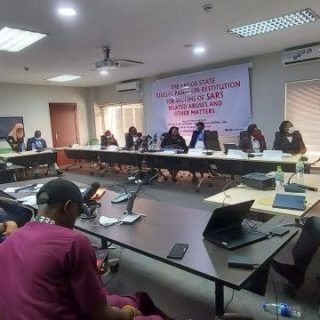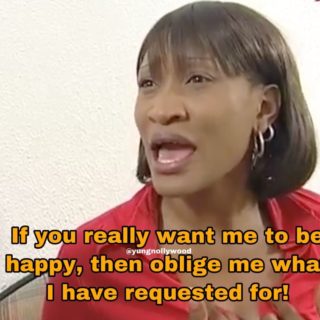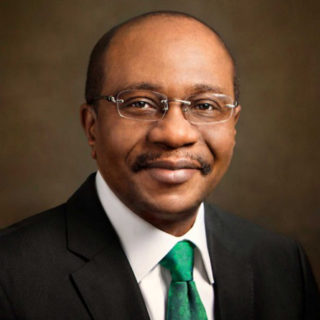Petrol subsidy is an important issue in Nigeria. It affects the cost of fuel, transportation, food items and many other things.
Every month, the Nigerian National Petroleum Corporation (NNPC) pays up to ₦150 billion in petrol subsidy.
But what is a petrol subsidy?
Petrol subsidy is money a government pays for petrol so that it is affordable for the people.
The government, through the NNPC, currently pays about ₦30 for every litre of petrol Nigeria imports. This payment from the government allows Nigerians by fuel at about ₦165.
“You mean the government still pays?”
You bet. Petrol subsidy is a reason Nigeria has one of the cheapest petrol prices in the world, just behind Venezuela, Iran, Angola, Kuwait, Sudan, Kazakhstan, Qatar and Turkmenistan.
But petrol in Nigeria used to be a lot cheaper. As of June 8, 2000, a litre of petrol in Nigeria was ₦22. And in 2007, a litre of petrol was ₦65. Fast forward to 2021, and a litre of petrol costs ₦165.
“Wait, who did Nigerians offend?”
We’re not sure who we offended, but there is a reason why the petrol price keeps rising even though there’s a subsidy.
Rising Petrol Prices
The Obasanjo, Jonathan and Buhari governments have all reduced the petrol subsidy in their time. They claimed that the government pays a lot of money in petrol subsidy, but that Nigerians don’t enjoy the benefits of the subsidy because rich people use the most petrol, oil importers lie about how much petrol they import into Nigeria, and the money for fuel subsidy can be spent on other important things like healthcare and education.
But many Nigerians argue that the price of things will skyrocket once petrol prices increase.
Think about the nearest bakery to you that uses a generator or the average Danfo driver. All of those people will jack up their prices once petrol prices go up.
And Nigerians don’t hide their anger about the issue. Remember the Occupy Nigeria protests of 2012? Yeah, it was people expressing their anger about the removal of the petrol subsidy.
In that year, Goodluck Jonathan removed the petrol subsidy by increasing the petrol price from ₦65 to ₦141. He later reduced the fuel price to ₦97 and then ₦87.
In 2016, the Buhari government claimed to have fully removed the petrol subsidy, and this increased the petrol price from ₦86 to ₦145.
In September 2020, the Buhari government again claimed to have finally removed the fuel subsidy, and the fuel price increased from ₦145 per litre to ₦160 per litre.
However, in March 2021, as global oil prices went up, the same government started paying the petrol subsidy again.
NNPC and Petrol Subsidy
The Nigerian National Petroleum Corporation (NNPC) has become the only petrol importer into Nigeria because other petrol importers cannot afford the high cost of dollars needed to import petrol.
The government has directed the NNPC not to sell petrol above a regulated price of ₦162. This means that even if importers try to import petrol, they won’t be able to make a profit because of the existing price limit.
So, the high dollar to naira exchange rate is the major reason why the price of imported petrol keeps increasing in Nigeria, and the subsidy is to prevent the petrol price from getting to ₦234 per litre or ₦1,000 per litre like some other people claim.
Regardless of what the government says about subsidy removal — even if it has been said thrice — the reality is that the government still plays a part in petrol prices in Nigeria.
But at what point will they really stop and what does that mean for you when next you are craving bread or trying to jump a Danfo bus? Time, and your pocket, will tell.




